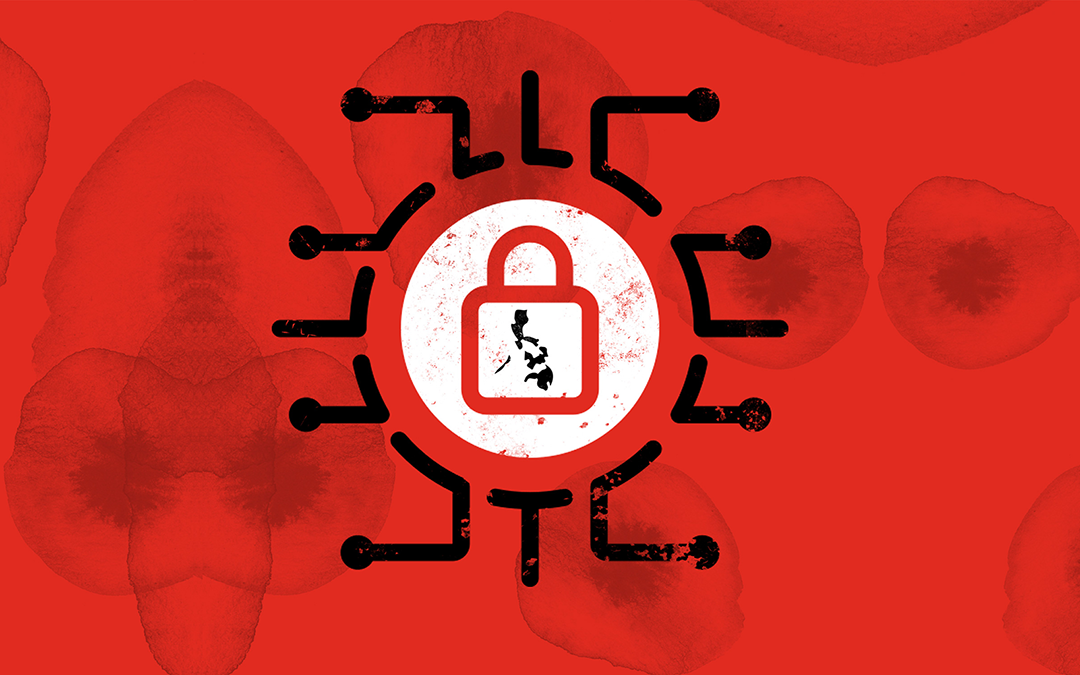In a recent turn of events, the Philippine National Police (PNP) found itself under the microscope as concerns about a potential data breach loomed large. The National Privacy Commission (NPC) ordered a detailed review of the PNP’s systems after it was involved in a report by cybersecurity company VPN Mentor.
VPN Mentor, the company that discovered the breach, has not only voiced concerns about potential identity theft but has also raised alarms about national security. They argue that the exposure of government records in an unsecured database poses a significant threat to the country’s security. This adds a layer of urgency to the ongoing investigations.
Vigilance and Data Protection Urged
In response to the developing situation, NPC Commissioner John Henry Naga stressed the importance of data protection and vigilance. He noted that no organization, not even the government, is immune to the threat of cyberattacks. He urged both government agencies and private sectors handling personal data to review and strengthen their data privacy and security measures. Simply following regulations is not enough; identifying and addressing potential vulnerabilities is crucial.
What is VAPT?
VAPT is a systematic process of identifying and exploiting vulnerabilities in a network or system. The goal is to find out the weaknesses before they are exploited by malicious actors. This helps organizations prevent attacks and reduce their exposure to cyber risks.
VAPT consists of two main components: Vulnerability Assessment and Penetration Testing.
Vulnerability Assessment
Vulnerability Assessment is the process of discovering and analyzing vulnerabilities in a network or system. Vulnerabilities are flaws or gaps that can be exploited by hackers to gain unauthorized access, steal data, or cause damage. Vulnerability Assessment uses various tools and techniques, such as scanners, analyzers, or checklists, to scan the network or system for known vulnerabilities.
The output of Vulnerability Assessment is a report that lists the vulnerabilities found, their severity, and their potential impact. The report also provides recommendations on how to fix or mitigate the vulnerabilities.
Penetration Testing
Penetration Testing is the process of exploiting the vulnerabilities found in Vulnerability Assessment to test the security of the network or system. It simulates real-world attacks by using various methods, such as social engineering, brute force, or malware injection, to bypass security controls and gain access to sensitive data or resources.
The output of Penetration Testing is a report that details the steps taken to exploit the vulnerabilities, the evidence of successful exploitation, and the impact of the attack on the network or system. The report also provides suggestions on how to improve the security posture and prevent future attacks.
How the PNP Can Benefit from Vulnerability Assessment and Penetration Testing
The Philippine National Police (PNP) is the primary law enforcement agency in the country. Moreover, it is responsible for maintaining peace and order, preventing and investigating crimes, and protecting the rights and safety of the people. The PNP also plays a vital role in the national security and defense of the country, especially in the face of emerging cyber threats.
Cyber threats are malicious activities that aim to compromise the confidentiality, integrity, or availability of information systems and data. They can range from simple hacking attempts to sophisticated cyberattacks. These can disrupt or damage critical infrastructure, such as power grids, communication networks, or government systems. Cyber threats can also affect the PNP’s operations, such as crime reporting, evidence management, intelligence gathering, and emergency response.
To protect its information systems and data from cyber threats, the PNP needs to adopt a proactive and comprehensive approach to cybersecurity. One of the best practices advocated by top cybersecurity companies is to conduct regular Vulnerability Assessment and Penetration Testing (VAPT) on its network and systems.
Why is VAPT Important for the PNP?
VAPT is important for the PNP because it helps them:
- Identify and prioritize the most critical vulnerabilities in their network or system
- Evaluate their current level of security and compliance with best practices and standards
- Detect and prevent potential breaches and incidents before they cause damage or loss
- Enhance their reputation and trust among their stakeholders and partners
- Reduce their operational costs and risks associated with cyber threats
By conducting regular VAPT on their network or system, the PNP can ensure that they are always prepared for any cyber challenges that may arise. VAPT can also help them improve their performance and efficiency in delivering their services to the public. Furthermore, it’s not just the PNP that can benefit from VAPT. Businesses and organizations can improve their current cybersecurity posture by incorporating VAPT.
About IPV Network
Since 2016, IPV Network has been a trusted partner of leading enterprises in the Philippines. It brings the best-of-breed cybersecurity solutions. IPV network helps businesses identify, protect, detect, respond, and recover from cyber threats. Email us at [email protected] or call (02) 8564 0626 to get your FREE cybersecurity posture assessment!
Sources:
https://www.rappler.com/technology/pnp-requests-time-review-systems-security-compromise-npc/
https://mb.com.ph/2023/8/2/how-leading-it-solutions-company-yondu-tightens-businesses-cybersecurity
https://www.veracode.com/security/vulnerability-assessment-and-penetration-testing#:~:text=Vulnerability%20scanners%20alert%20companies%20to,a%20threat%20to%20the%20application.



